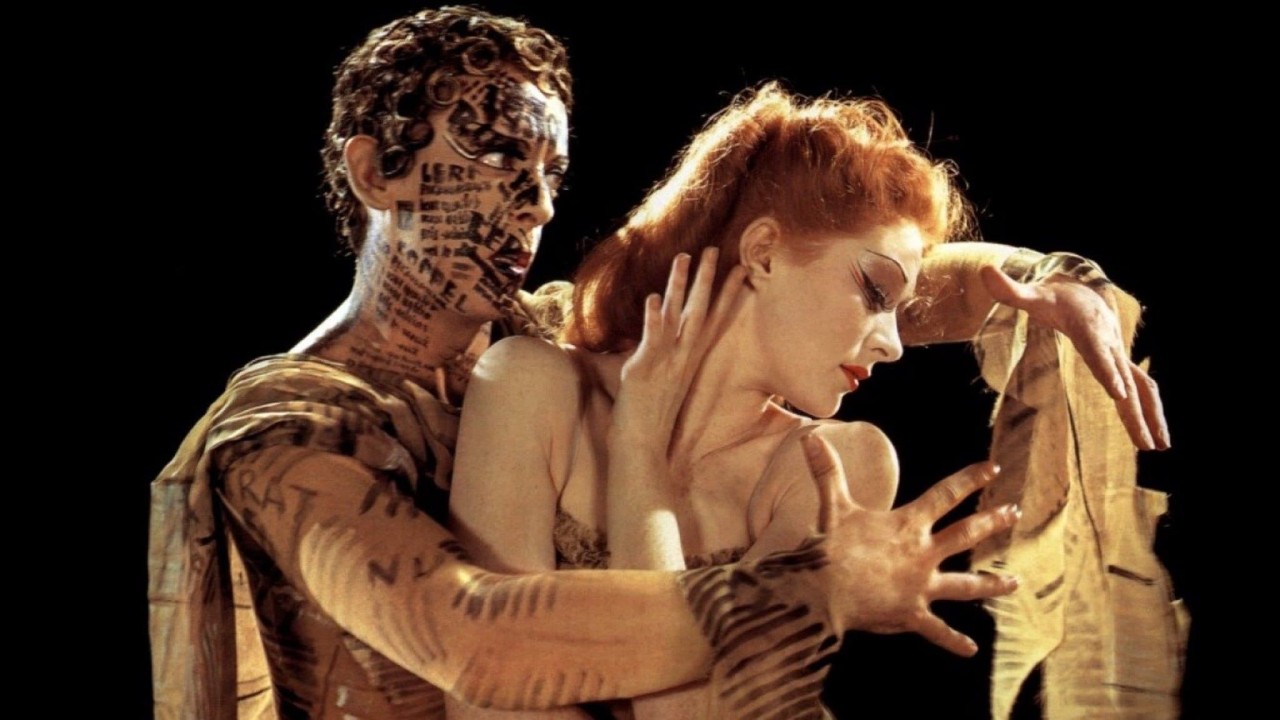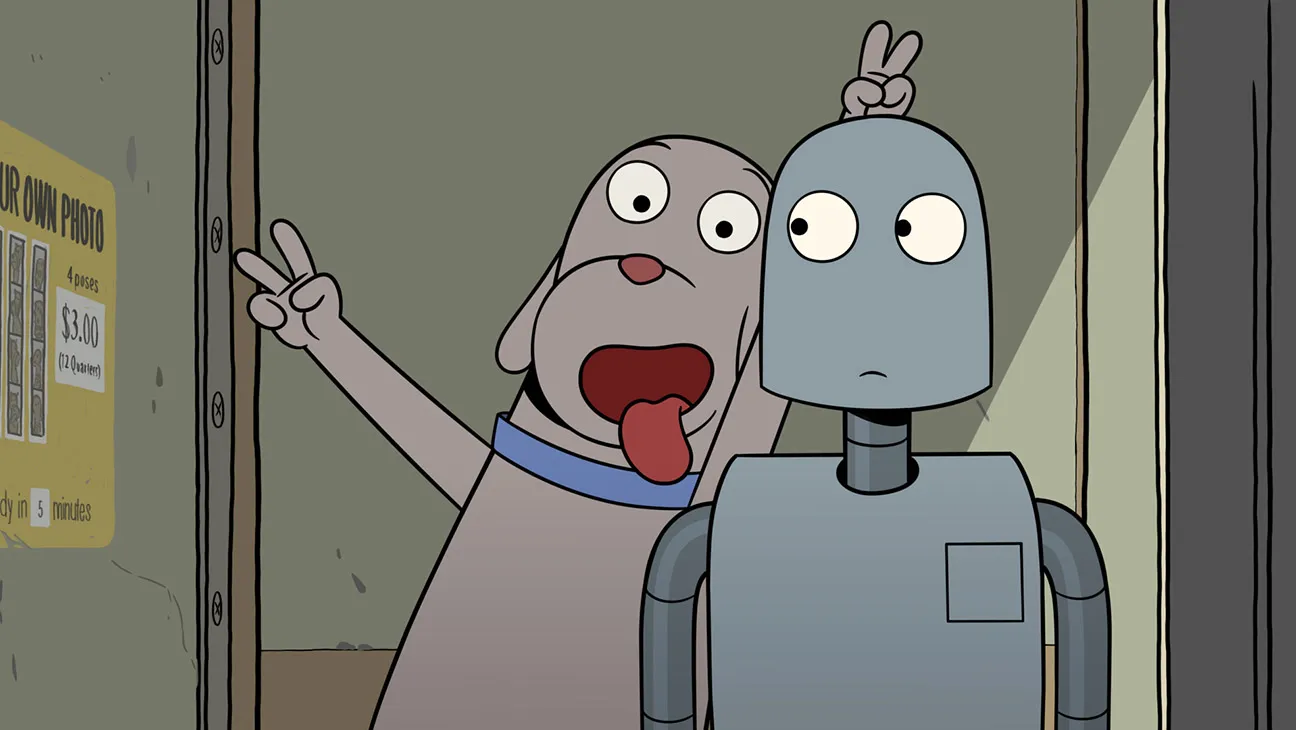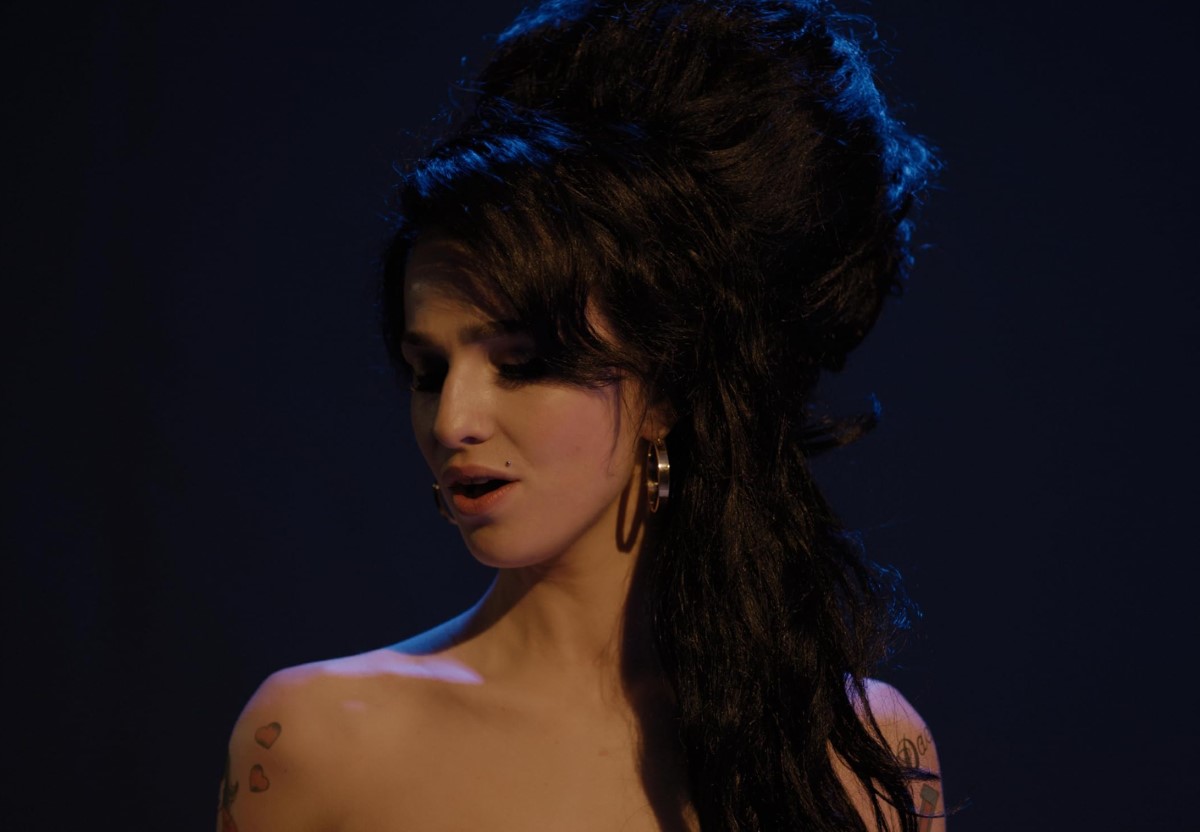Essay by Barbara Grizzuti Harrison (1974)
When my radical friends cottoned to the fact that I was a Godfather I junkie, I was quick to anticipate and disarm criticism by arguing that while it was possible for a lazy audience to understand from The Godfather that Mafiosi went around knocking off only one another in internecine wars, making offers that couldn’t be refused only to other pestilential pigs, leaving the rest of the citizenry to go about their God-fearing ways in peace, an intelligent audience could easily extrapolate the truth from Coppola’s film—which is that the Mafia ruins small lives, destroys innocent grocers as well as rival dope-dealers. The Godfather, I said, bore witness to the bitter truth: evil, hydra-headed, renews itself and triumphs in the end; in America, the Corleones win.
To which my radical friends said, Bullshit: “Don Corleone and Sonny and Michael were all so damned attractive. They were killers, but one liked them just the same. Their evil was mitigated by their charm.’’ And my brother said, “You liked it because you’re Italian.” And of course my friends, and my brother, were right. 1 had not, after all, seen Godfather I six times for the pleasure of witnessing the triumph of Evil over Good. I saw it because, in spite of its celebrated violence, it was perversely comforting and warm; it had a uniquely tender, cradling quality. Each time I saw Don Corleone die his rose- garden death, I was set squarely in that fabled place where families honor, respect, support, and protect one another, touch one another, forgive one another their sins. Viscerally I understood the Corleones better than, say, the Louds (and I liked them better, too). The Godfather nourished the notion that there was someone, some force, who could absolve guilt and make all the hurt go away, someone whose accepted authority could gentle and sustain us.
“Heresy,” my feminist friends snorted. “You are talking about patriarchal families who have no remedy for pain, families that smother you, that protect you because you’re their property. Step out of line and see what they do for you.” My critical intelligence—and my own experience as a third-generation Italian—told me they were right. And yet I returned, as if on a pilgrimage to an atavistic part of my nature, to the courtliness of Don Corleone, to the sanguinity and vivacity of Sonny, to the magnificent reserve of Michael—that eloquent stillness that promised everything, that promised absolution. Godfather I created a world analysis could not sour. 1 felt embraced by the film, and not just because I so rarely see the pungent gestures and rich rituals or hear the rude songs, the lyrical-vulgar dialect of my childhood, reflected in literature or art: I have a vestigial yearning to believe, damn it, that there is a safe, redemptive place, a landscape where everyone knows his or her place, where one follows, with benediction and grace, the yellow brick road to the shrine of approving family gods.
And then Coppola, in his extraordinary sequel to The Godfather, did more to challenge my cherished conviction that the family can be a Salvation Army than did all the harangues of my radical friends.
Consequently, Godfather II gave me an attack of spiritual indigestion similar to the heartburn I invariably suffer after Italian weddings. I return, always, from a family wedding blood-warm, warmed by “the blood.” I think of the extravagant assurances we have all ritualistically exchanged: “You are our blood/’ we tell one another, “We will love you whatever you do, we are here for you.” And then I think of the work some of those men with whom I’ve danced the tarantella and exchanged blood-love do in the world (it’s not pretty); and I marvel at my capacity to be seduced by the passion and authority and vigor and charm of men whose work I cannot love. And 1 think—looking at their wives, who have reaped the traditional rewards of traditional lives—What would have happened to those warm, smiling women if they had chosen separate identities, if their paths had violated the ethic of la famiglia? Would, in fact, their men have been there for them? And then I think of my brother, who is a just and generous man, whose authority I do accept, who can outcharm Sonny any day of the week, who is always there for me, who stills my restlessness and makes me feel safe, as no one else in the world can make me feel safe. And I think of my gentle father, who has learned painfully to love his maverick daughter, who defends me even when he finds my life incomprehensible. And then I think of a few bitter women, sitting outcast and alone, who are tolerated merely because they are “the blood,” but who are not protected, not loved, because in some way they have violated the sacred rules of this large, lusty family composed of good men and bad men, of strong women and selfless women. 1 think of the strength of Italian women, of strength perverted and strength preserved. And I am painfully confused. I want all of these people to love me, to comprehend me; I want none of them to constrain or confine me. And I know that what I want is impossible.
I would be surprised if Coppola were not also a victim of the hopelessly ambivalent feelings about family—about the bonds that both heal and mortify—that all second- and third-generation Italians suffer. I think Godfather II must have been a painful film for Coppola to have made.
Politically, Godfather II is as explicit and forthright as Godfather I was elliptical. It bludgeons us with what its predecessor hinted at. It says, with a specificity that leaves little room for a gentler interpretation, that we are one nation under capitalism, and that under capitalism, the Enemy is One—and the enemy includes corporate business, members of the United States Senate, organized labor, and the Mafia. It is, as Pauline Kael has aptly said, “an epic vision of the corruption of America.”
Psychologically, Godfather II is kaleidoscopic—some have said muddled. But its confusions are our confusions, its malaise our malaise. Godfather I was an almost elegiac film. Godfather II is an ice bath. After three and a half hours spent inside the second-generation Corleones’ conspiracies and psyches, I felt as if I’d been savaged, betrayed, cheated. I’ve spoken to Italian friends and they agree: Coppola, who gave us in Godfather I the romantic family idyll we all craved, forced us in Godfather II to test all our own troubled, troubling feelings about family. What he gave us was not entertainment, not a mythical romance that released us, briefly, from the oppression of our singularity and aloneness, but necessary pain.
There was a kind of golden aura about Brando’s Don Corleone, even as he was plotting to destroy half the population of Harlem. He was a luminous goon. There, but for a few wrong turns of fate, one felt, goes a real sweetie pie of an Italian poppa. One could imagine being caressed by his caring; he was the prototypical daddy of our nursery dreams—the powerful man of the world who wipes the tears from the eyes of his babies and acts always, and only, to protect his cherished family. He was, literally, the God/Father. Don Corleone was a rock against whom one might lean. The Michael of Godfather II is a defoliator, a glacier. There is, about Michael, everything dark, dank, and pernicious. Charity is inimical to his nature; he feeds on the blood, not only of his enemies, but of his family. He kills his dopey older brother Fredo, destroys the woman-hood of his sister Connie, and shuts his wife, Kay, out of his heart and his life and robs her of her children. As Godfather II ends, he is absolutely powerful and absolutely evil, locked in the solitary confinement of his own corruption, without warmth and without pity.
How well Coppola knows that in Italian families the blood calls to the blood; how devastatingly he deals with the fact that a sister needs, above all things, the approval of her brother to remain whole. When thrice-married Connie approaches Michael (on her knees) and says, with palpable self-loathing, Everything bad I have done to myself I have done to hurt you because you killed my true husband and turned me into a whore, she begs to be allowed to return to the family, to take care of Michael, in order to redeem herself. Now, for one brief (shameful) moment, I felt my heart leap: the family is back together again! Reunion! Fortunately, I was sitting next to my sister-in-law, who has lived through enough Italian melodramas and vendettas not to be so easily gulled. She introduced a note of raucous sanity into my mindless sentimentality: as Connie groveled and Michael bestowed his icy benediction, my sister- in-law yelled, “Right? There’s always some woman around to pick up the pieces!”
I would like to have seen a woman like my sister-in-law portrayed in Godfather II—a strong Italian woman, that is, with a built-in bullshit detector. I’m sorry that the woman who named Michael (who pronounced him evil) was the quintessential WASP Kay. When Kay can no longer pretend to herself or to Michael that she is innocent so long as she is ignorant, when she aborts Michael’s dynastic successor, her bitter reproach is couched in words I find unacceptable: “I won’t,” she says, “be part of your two-hundred-year-old Sicilian thing any longer.”
My Calabrian chauvinism notwithstanding, I wish Coppola hadn’t allowed Kay to imply that Sicilian families have a particularly bad odor. Clearly Godfather II tells us that crime Families stink to heaven. But what about our need for family? Coppola’s film says brilliantly and unambiguously that the end preexists in the means—that a single small maggot of corruption, given enough filth to feed on, becomes a devouring multiheaded dragon: I gave you Don Corleone, Coppola says, and I permitted you to love him; but you should have been smart enough to know that evil breeds greater evil, and that the end result would be Michael, would be devastation.
But does Coppola not believe that families can heal? My brother and my father—who are good men—inspire me to believe. Does Coppola? I don’t know. I don’t know because Godfather II doesn’t tell us. It tells us about a killer Family; its ambiguities spring, I think, from the fact that the bleakness of its vision cannot wholly disguise Coppola’s need to believe. But the need to believe is not the same as belief itself. There is a tension between the need and the conviction. The Godfathers, I and II, reflect that tension, that anguish.
One thing is certain: Coppola understands the terrible hunger of second- and third-generation Italians. Caught in the limbo between the old ways and the new ways, we all want what we are quite sure we cannot have: we want to suckle forever at the family breast. I think he also understands the hunger of all Americans to believe in the goodness of human nature. What Coppola says to that is, Forget it. Bad people are bad people.
What men do in the world resonates in their bedrooms. If one’s work in the world is evil, one’s “love” for one’s family turns into something obscene. The Michael Corleone who has a prostitute butchered to compromise a defiled and defiling senator is incapable of loving any woman. The protection the Corleone men offered their women was predicated on the ignorance of those women; and those women, who cultivated blindness, reaped their own destruction. The price they paid for being sheltered was the loss of their souls. I have known women like that. As long as they remain mute and unprotesting —as long as they care more for pasta than for politics—they are happy. As one is happy in a dream. The Corleone men created a dreamworld for their women; they locked them into pink and pretty closets. The closets were roomy—there was space enough for laughter and lust and love and fun. I know those closets; I know that it is possible to stay in them forever. But, for most of us, eventually the world impinges. Mama Corleone, who never questioned, never stepped outside her defined and defended world, died relatively happy in her Skinner-box closet; but even she, at the end, had a glimmer of recognition that her acquiescence had helped to produce that which Kay called “unholy, … an affront to God.”
If Godfather II has a moral, it is that you cannot feed evil men and expect to be nourished by them. Evil men are never “good family men.” The myth that Italian-Americans have helped to perpetuate (“Joey Gallo brings his mama roses every Sunday”) an Italian-American has helped to destroy. Americans have found that myth irresistible; in these lean and hungry times, when people huddle together for warmth, when robust folk heroes are the vivid symbols of our weary desires, audiences may find Coppola’s iconoclasm unforgivable.
Published in Off Center. Essays (The Dial Press, 1980)




